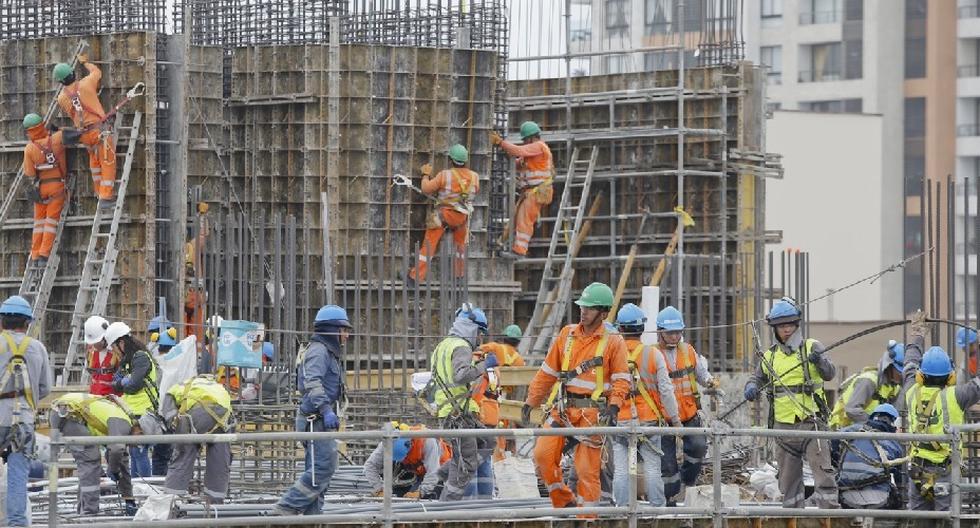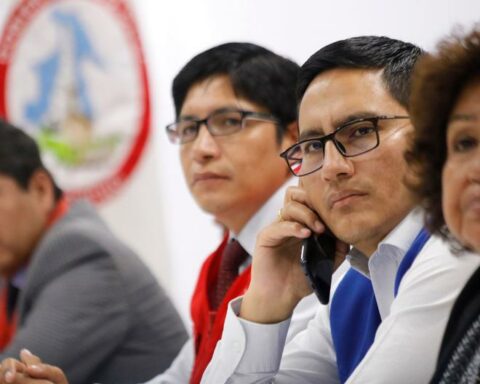On August 22, Supreme Decree No. 001-2022-TR will enter into force, which will limit the labor outsourcing and it will bring serious consequences regarding the reduction of formal employment, pointed out the specialists consulted.
Mónica Pizarro, partner of Estudio Echecopar, noted that there are many companies dedicated to providing outsourcing whose activity, as of the validity of this rule, could be considered illegal and they have two alternatives: to continue operating in a situation of non-compliance, thus being in informality, or close, destroying employment.
Jorge Toyama, Professor of Law at the Universidad del Pacífico He referred that in his message of July 28, President Pedro Castillo gave an inaccurate figure when mentioning that 100,000 outsourced workers (which are the total under this modality) would go on the payroll since, if one takes into account that we are facing a standard that only attacks outsourced nuclear activities, the number of workers that would be hired by the main company would not exceed 10%.
“There are three types of activities that are outsourced: the complementary activity, which must be (composed of) between 30% and 40% (of workers); the main activity, which must be between 40% and 50%, and then the nuclear activity, which must not exceed 10%”, he detailed.
Thus, he noted that from August 22 these companies will be divided among those that are going to include third parties as their own workers on their payroll, which are very few; those with precautionary measures from the Judiciary and they are not obligated because there is a sentence that says that the prohibition is unconstitutional, that there must be between 150 and 200 companies; and those that are in judicial process but still do not have a favorable resolution.
“It is not ruled out that the sunafil go out on the 22nd to the work centers to look for non-compliance with nuclear outsourcing”, he said.
In addition, Toyama pointed out that between 15,000 and 20,000 jobs would be at risk and that these, for the most part, are positions held by specialized people. In addition, this would affect the State itself.
AFFECTED SECTORS
Pizarro pointed out that there are sectors that use a lot of outsourced labor. Among the main ones is construction, where there is extensive specialization.
In a work, he explained, a company does the earthworks, another sees the finishes, another is in charge of the electrical installations. However, based on this rule, the builder will have to directly hire all the personnel who perform these tasks, but not the administrative support of the outsourced company such as the accounting, logistics or administration areas.
“When the Ministry of Labor It tries to make believe that this change is a zero sum and that the positions that leave the outsourced companies go to the main company, it is false. What happens with the administrative staff that is behind the operation and that does not travel to the facilities, with the providers that provide services to that third party. They are companies that are going to end up leaving the market, destroying jobs,” he warned.
Data
-The examples of the Ministry of Labor refer to illegal outsourcing, for which it was not necessary to prohibit this modality in order to solve the problem, explained Mónica Pizarro.
-The rehiring would not apply to the administrative workers of the outsourcing companies, who would be left unemployed.








